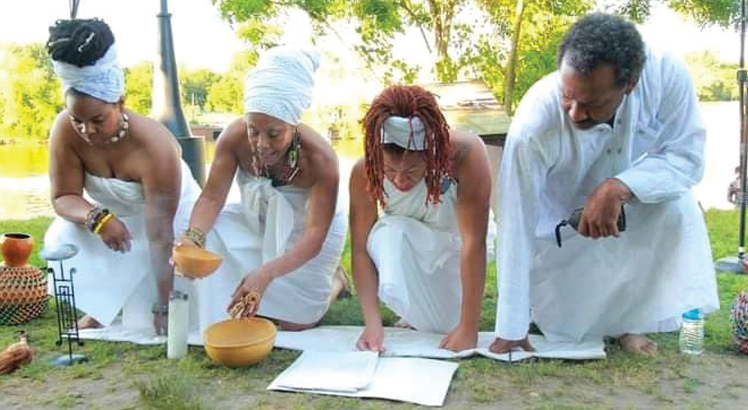The rainy politics
Rains have since time immemorial been a very important aspect of our lives. This is because they bring in water which is needed for crops’ growth and water for human consumption, among the many things that water is used for. Societies world over know the importance of rains and depend on its annual occurrences for survival.
In Africa, we have a fully-fledged history of how our ancestors used to pray for rains through their forefathers. We read and hear oral history how they would offer sacrifices and libation and heavy rains would pour soon after.

In modern times, Christianity and Islam, among other new religions, have been introduced. These have their own beliefs and one of them is praying for rains whenever there is drought.
The history of rains in Africa is well documented. The continent’s best literature pieces are centred on rains and looking for rains.
In a book by Ian Gordon, Looking for a Rain God and Other Short Stories from Africa, the main story depicts a typical situation of a family that was desperate to evoke the rain spirits that they ended up killing two children as sacrifice. Then the family is faced with modernity and is accused and arrested for murder.
In The Rain Came by Grace Ogot, a similar, but slightly different scenario about desperation for rains is painted. The story is about Chief Labong’o whose land is in dire need of rains. He is instructed by his ancestors to ‘sacrifice’ his only daughter Oganda for the rains to come. Painfully, he makes the decision to sacrifice her and as soon as the sacrifice is made,heavy rains come. What he and his subjects did not know, however, was that Oganda had not accepted to be sacrificed and had somehow run away with her lover Osinda.
The two short stories are typical of the very many African short stories surrounding the topic of rainfall. Our society was all about sacrifices, libation and traditional appeals to ancestors for rainfall.
What about modern times?
Last year, as late as December, Malawi was yet to experience its first rains and out of concern and desperation, President Lazarus Chakwera asked Malawians to ‘pray’ for rains.
“Let us come together and ask our God for an intervention,” he said.
Though there was no clear coordination, some Christians took heed of the president’s plea and prayed and fasted for rains. Needless to say, coincidentally, Chakwera is a pastor.
But Chifuno Mlambe, spokesperson for ChiPembedzo Cha maKolo achiKuda (PeKoKu) said their grouping, which believes in connecting to ancestors and praying to Namalenga or Chisumphi, said offering libation or sacrifice is the way to go.
He said: “It is interesting that despite claiming to abandon African beliefs and spirituality, Africans, including their leaders have this faith that lack of rain can be addressed by divine intervention. Note that nowhere in the Bible do they have cases of people asking for rains from God through prayer. It tells how much African spiritual system remains in the African psyche.”
Mlambe said as a group they believe in offering nsembe for rains at the special shrines while following special procedures that dictate how people should behave to evoke divine intervention.
Our random interviews indicate very deep divisions among Malawians as to what really causes rainfall after a drought.
Wonderful Mkhutche, a social commentator, said our forefathers acted and offered sacrifices to the spirits according to what they knew then.
“They only acted according to their knowledge then. But that sacrifices brought rains is a matter of belief. There were times when a dry spell persisted even after sacrifices,” he said.
Mkhutche said it is important to understand the rain cycle and make sure as a society, we sustain it.
“Our culture or beliefs may direct us to look up to God for rains, but the truth is that it doesn’t need God for rains to come. Let us learn to move away from depending on seasonal rains for our farming,” he added.





